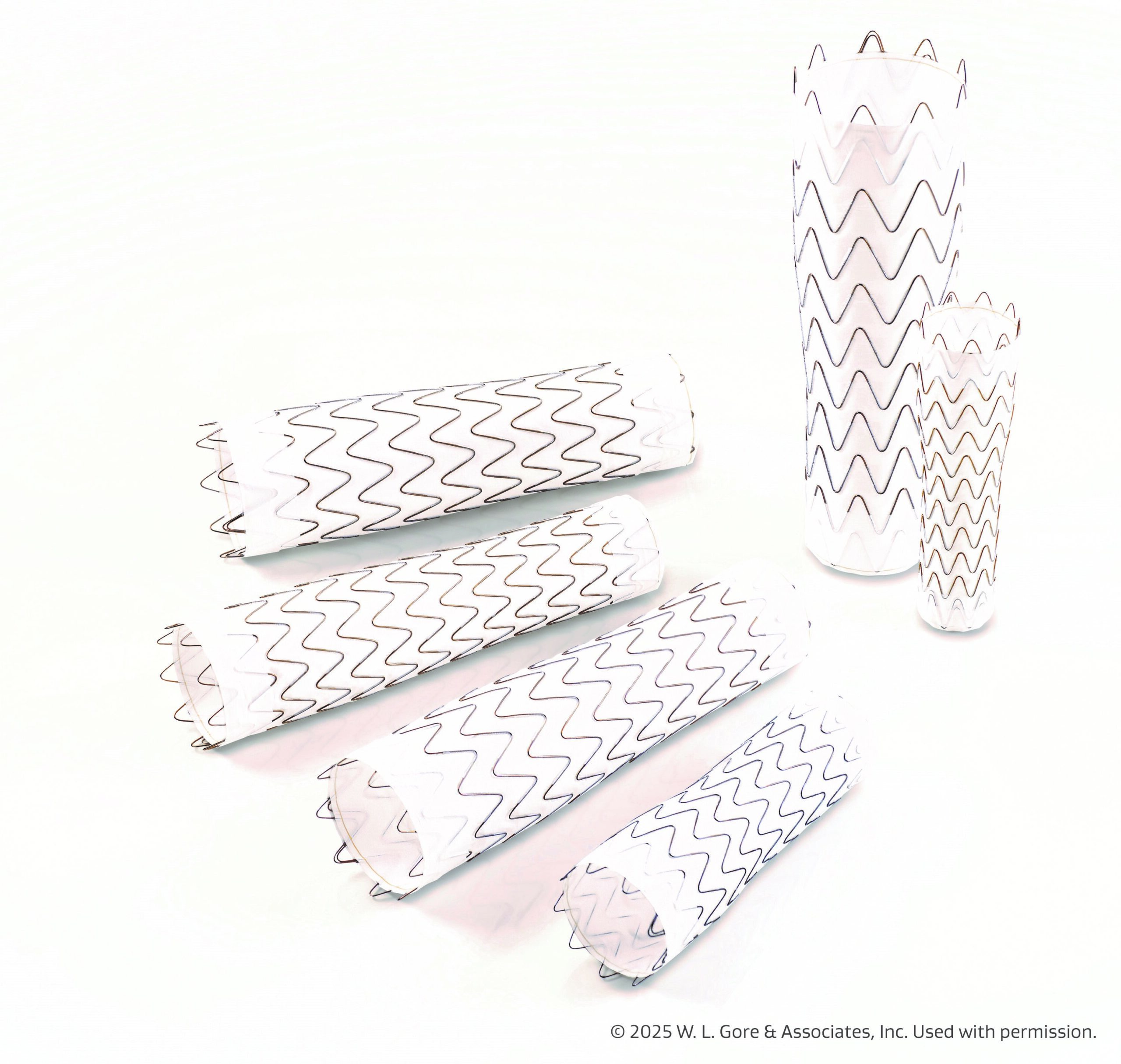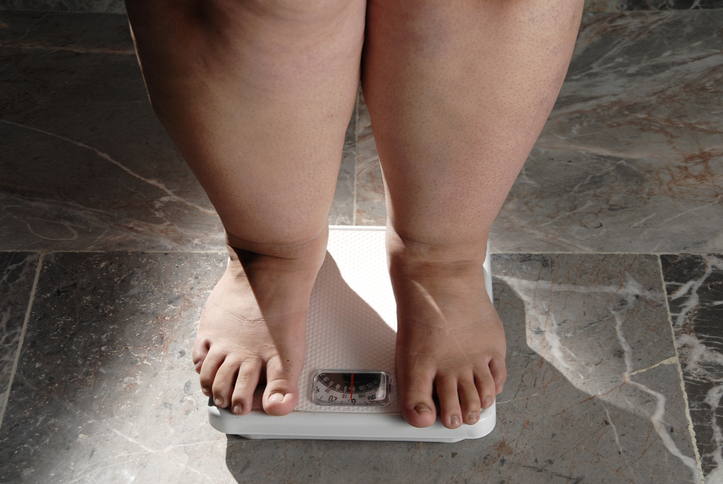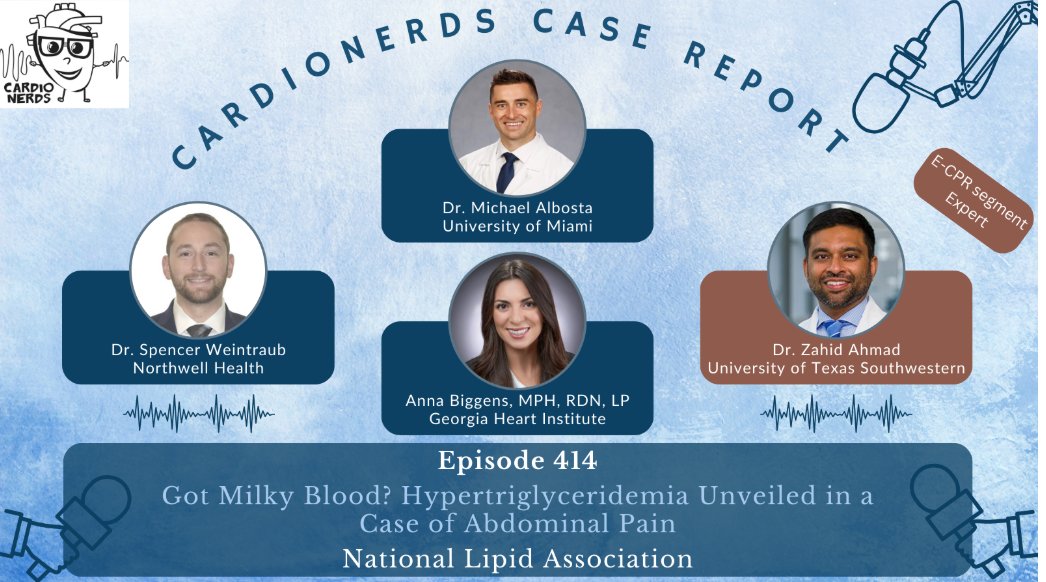
Cardiology
Advertisement
Gender disparities persist in clinical trials related to atrial fibrillation (AF) management.
The newly approve products include four new sizes.
Dr. Amit Goyal of the CardioNerds analyzed the BHF PROTECT-TAVI trial.
An EMR model can enhance postpartum heart screening in women with hypertensive disorders of pregnancy.
A study shows geographic disparities that exist as they pertain to heart failure mortality and its association with obesity.
GLP1 RA provides a notably superior weight loss option for people with obesity compared with bariatric surgery.
A novel study shows a rising trend in cardiac tachyarrhythmia deaths related to obesity.
A new study finds a striking increase in obesity prevalence among Black children during the COVID-19 pandemic.
Telehealth parity laws notably reduce hospitalization in acute decompensated heart failure.
The REPAIR study offers the most comprehensive real-world assessment of outcomes after mitral TEER.
The CardioNerds, along with colleagues detail a case involving a patient with newly diagnosed hypertriglyceridemia.
The ROLLER COASTR-EPIC22 trial is the first randomized head-to-head comparison of three plaque modification techniques.
Food insecurity is linked with an increased risk of developing heart disease.
Patients between the ages of 50 and 70 years with a mechanical heart valve have better long-term survival.
A novel imaging technique added to MRI allows clinicians to better tailor rehabilitation for stroke patients.
Finerenone therapy may prevent worsening heart failure in outpatients with mildly reduced or preserved ejection fraction.
Researchers have developed a polygenic risk score to analyze the link between dysfunctional endothelial and CAD.
When doctors and their patients share common language in the relationship it can decrease the risk of CVD and death.
Certain athletes with CVD abnormalities may be able to safely participate in competitive sports.
The CardioNerds and expert faculty discuss a complicated case of ventricular tachycardia.
Advertisement






















 © 2025 Mashup Media, LLC, a Formedics Property. All Rights Reserved.
© 2025 Mashup Media, LLC, a Formedics Property. All Rights Reserved.